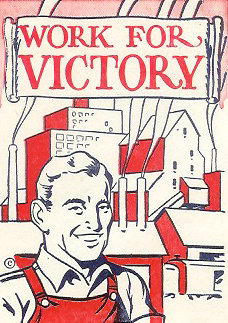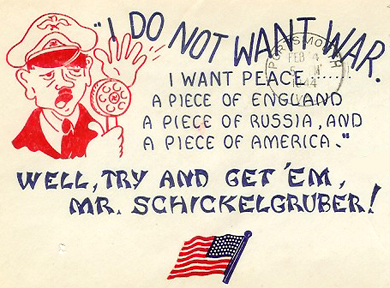It was 1952, and his sinking popularity had convinced President Harry S. Truman not to run for reelection. But Truman disliked and distrusted the front-runner for his party’s nomination, Democratic Senator Estes Kefauver of Tennessee, and began conspiring with other party leaders to find a more acceptable candidate. Truman backed Illinois governor Adlai Stevenson, but Stevenson hemmed and hawed about jumping into the race. Frustrated, Truman turned to his own vice-president, Alben W. Barkley of Kentucky.
Among those enlisted by Truman to promote Barkley at the Democratic National Convention in Chicago was Charles W. Sawyer, a delegate-at-large from Ohio. When Sawyer met with him, Barkley and his wife Jane had just hiked a mile from the railroad station to their hotel in order to demonstrate the 74-year-old’s robust health. Sawyer urged Barkley not to be shy about his desire for the nomination and to court as much publicity as possible, especially with his attractive wife by his side.
It worked, and soon Barkley was garnering attention as a serious candidate. Unfortunately, his rivals, Senator Kefauver and diplomat W. Averell Harriman, convinced two prominent union leaders to pronounce Barkley too old for the nomination. Barkley, a strong labor supporter, was devastated by the betrayal, and despite Sawyer’s urging to stand and fight, prepared to withdraw.
The party, nevertheless, offered Barkley a chance to speak at the convention. He was tempted to lace his remarks with bitterness, but Sawyer discouraged him. Barkley followed the advice, charming the convention with a generous speech and even reviving hopes that he could win the nomination. But it was too late. Adlai Stevenson had finally agreed to stand as the party’s nominee, only to suffer defeat in the general election at the hands of Dwight D. Eisenhower.
Charles Sawyer’s account of his efforts on behalf of Vice-President Barkley at the 1952 Democratic Convention are part of the Manuscripts & Folklife Archives collections of WKU’s Department of Library Special Collections. Click here to access a finding aid. For more political collections, search TopSCHOLAR and KenCat.



